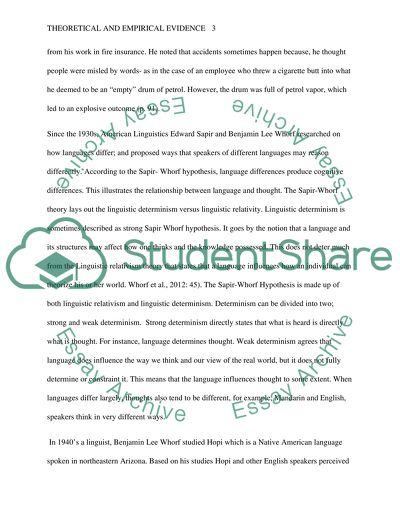Cite this document
(“Does language shape the way we think Evaluate theoretical and Essay”, n.d.)
Retrieved from https://studentshare.org/english/1498309-does-language-shape-the-way-we-think-evaluate
Retrieved from https://studentshare.org/english/1498309-does-language-shape-the-way-we-think-evaluate
(Does Language Shape the Way We Think Evaluate Theoretical and Essay)
https://studentshare.org/english/1498309-does-language-shape-the-way-we-think-evaluate.
https://studentshare.org/english/1498309-does-language-shape-the-way-we-think-evaluate.
“Does Language Shape the Way We Think Evaluate Theoretical and Essay”, n.d. https://studentshare.org/english/1498309-does-language-shape-the-way-we-think-evaluate.


